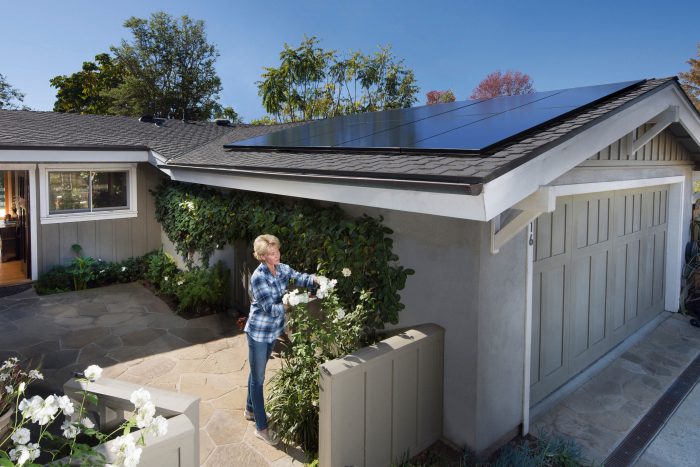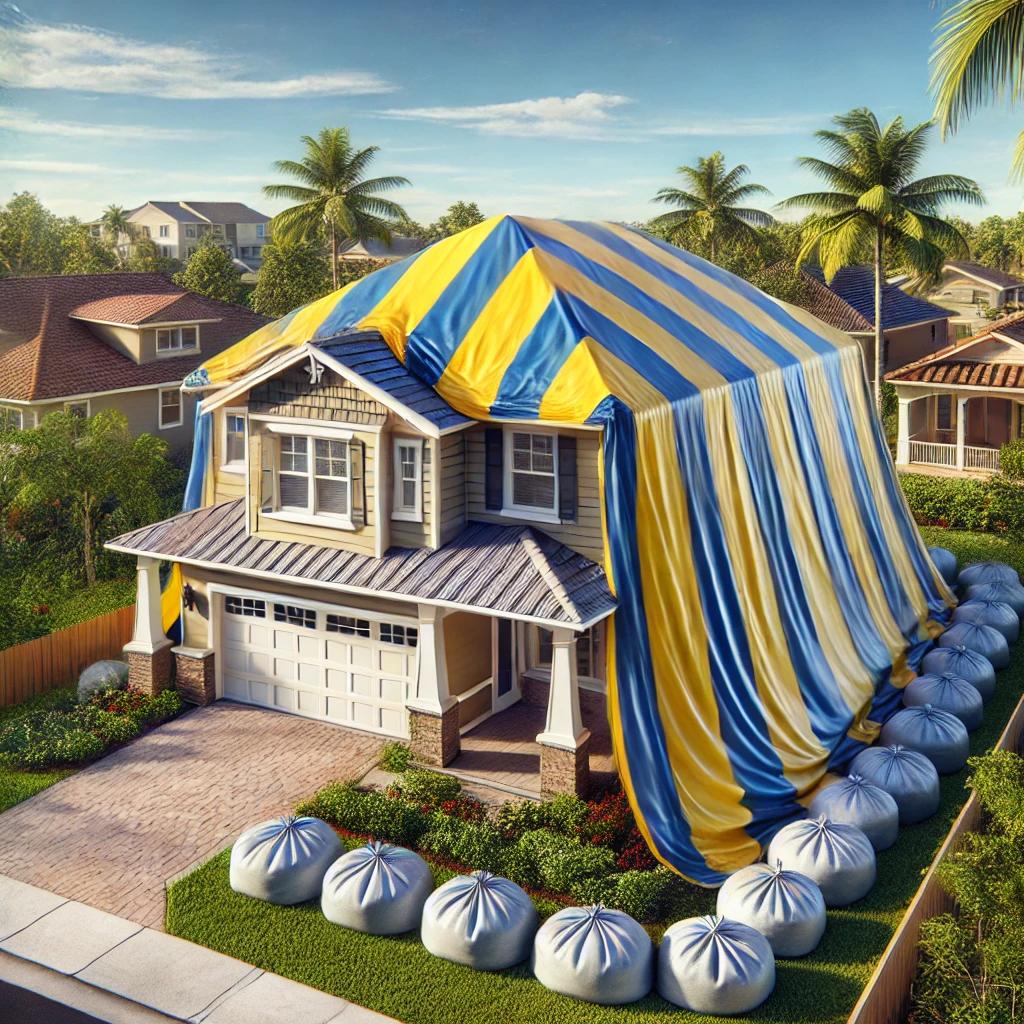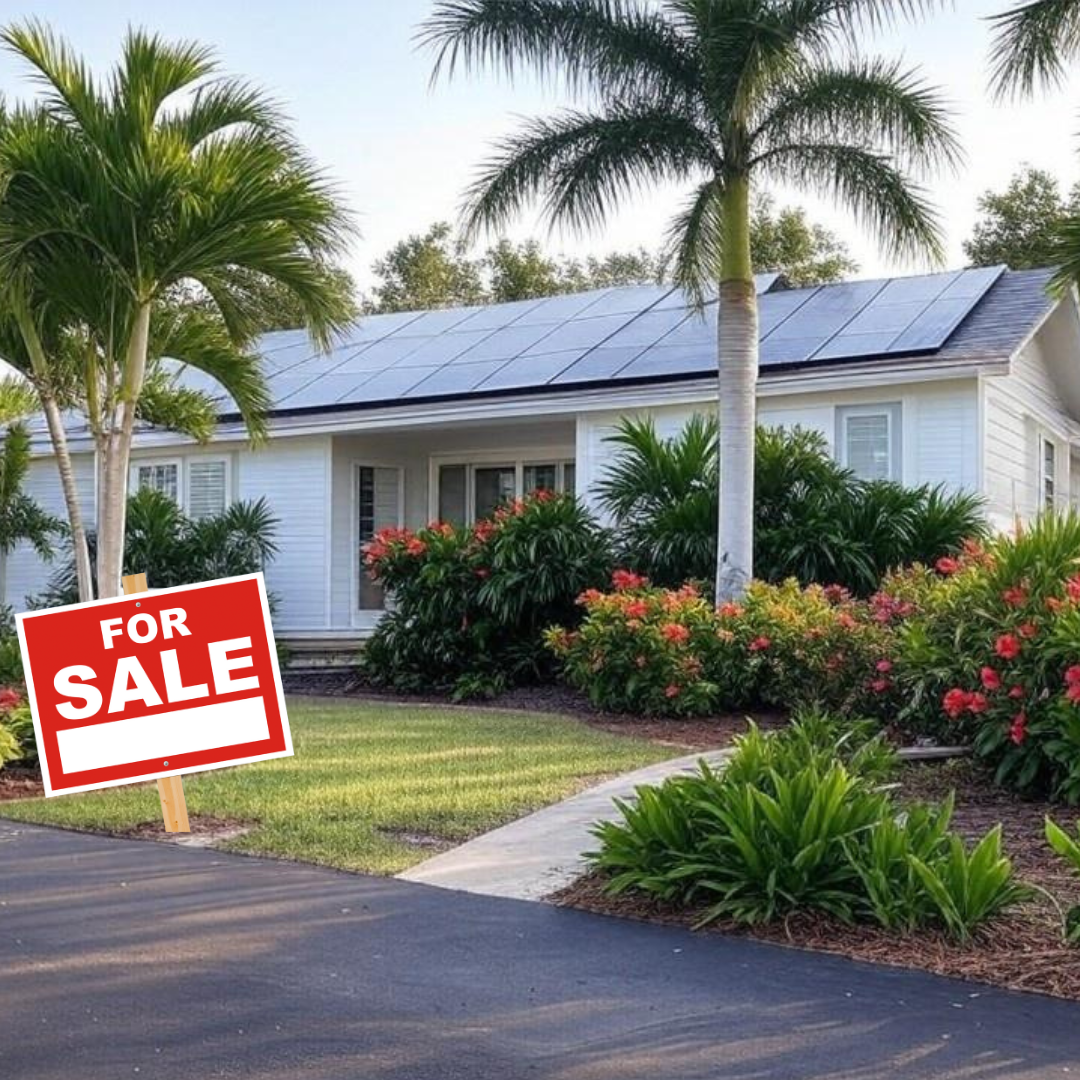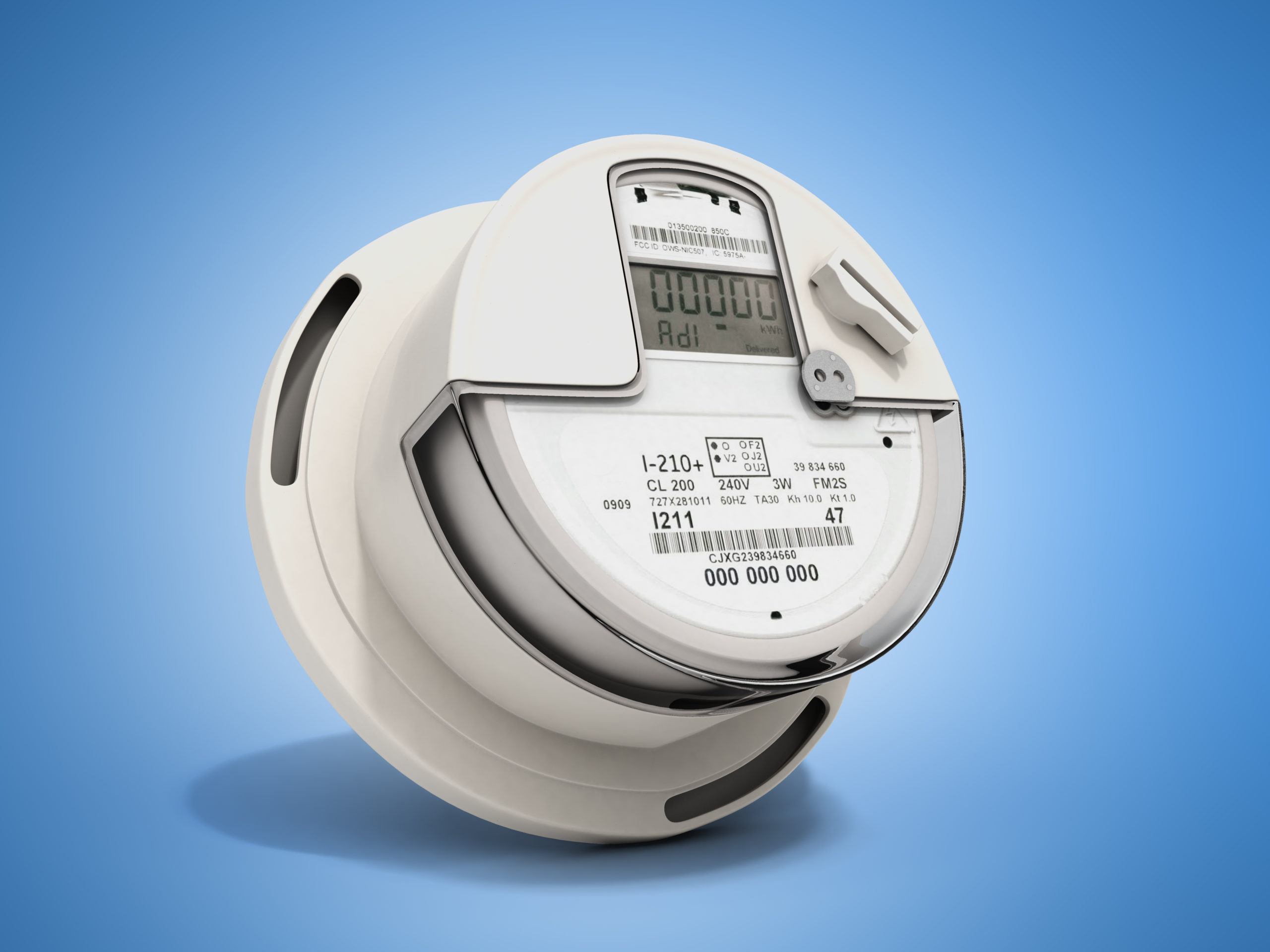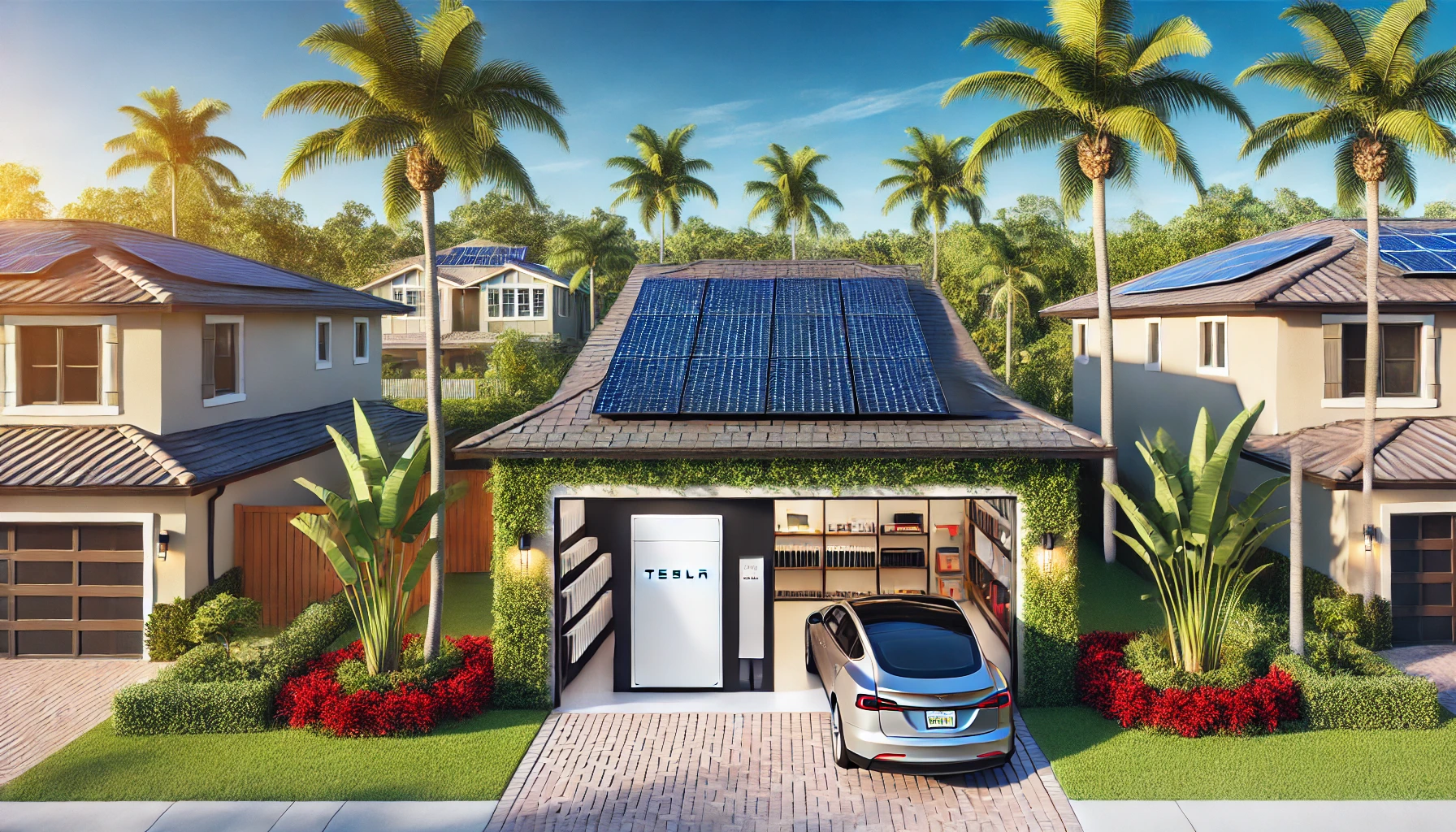Should you lease your solar panels? Or is it better to buy solar panels outright?
The better choice between leasing or buying solar panels depends on your financial situation and your financial goals. Similar to most things, both options have their pro and cons.
If you buy your solar system, either paying cash or taking out a solar loan, it belongs to you. If you lease your solar system, or you sign up for a PPA (power purchase agreement), a third party (which can change) owns the solar panels on your roof. PPAs aren’t available everywhere.
Leasing vs. buying makes a difference in cost, terms, financial offsets, maintenance, insurance, and your return on investment in your solar system. Let’s take a quick look at the distinctions.
Leasing solar panels or signing up with a PPA is your preferred option when:
- You aren’t eligible for federal tax credits for installing solar.
- You don’t want to wait until you file your taxes next year to get the cash to offset the upfront cost of going solar.
- You don’t want to spend the time and money required to maintain and repair your solar system.
- You are primarily interested in solar panels’ ecological benefits, rather than their impact on your personal finances.
Purchasing your solar system with cash or taking out a solar loan is your preferred option when:
- You care about the environmental benefits of solar energy, but you also want to maximize the tax benefits of installing solar panels. (You don’t get tax credits when you lease solar panels.)
- You are eligible to reduce your federal tax liability with a federal tax credit.
- You want to increase the market value of your home.
You can usually lease a solar system with nothing down, but you won’t get a tax credit. Buying your solar system typically costs $15,000 to $30,000, but you get a tax credit that covers about 50% of the cost of installation.
Your contractor takes care of the paperwork, and you might even get a net positive cash flow from your installation if you take out a loan to cover your costs.
When you lease your solar system, your provider takes care of upkeep and repairs. This can be very helpful after a storm. The solar company will also provide you with an app to monitor performance.
When you purchase your solar system, it comes with a warranty, but ultimately you are responsible for repairs after the warranty expires.
A solar lease is typically a commitment for 20 or 25 years. At the end of your lease, there will usually be an option to buy your system outright. You usually pay off your solar loan in 10 to 20 years. Then the system is yours, free and clear.
Leasing a solar system typically lowers your energy costs 10 to 20% over the life of your installation. Purchasing a solar system typically results in savings of 40 to 70% on your power bills.
We can help you make the right choices in solar panel financing. Contact us if you have any questions.
Request a quote online or call us at (561) 440-9515 today.

